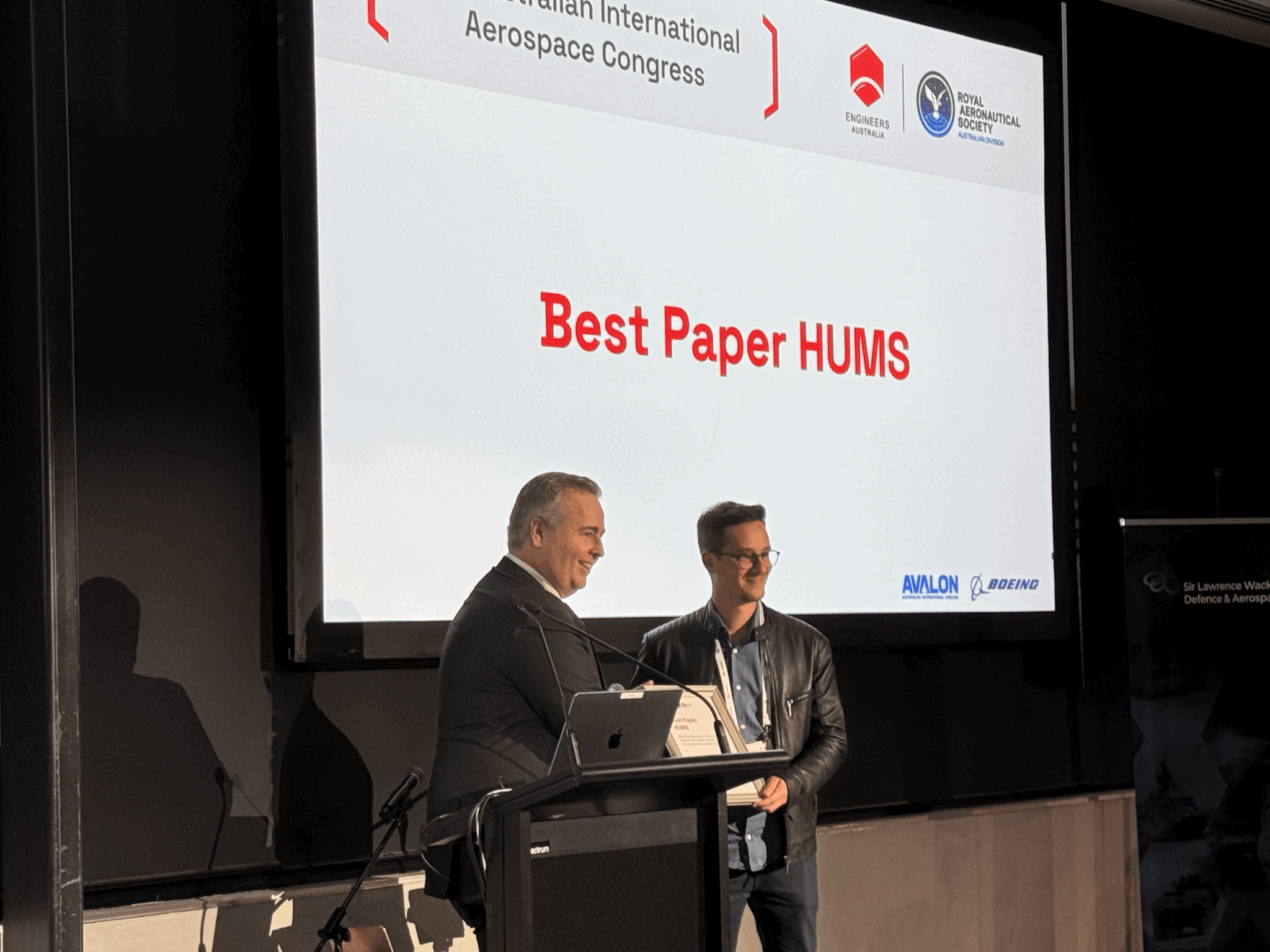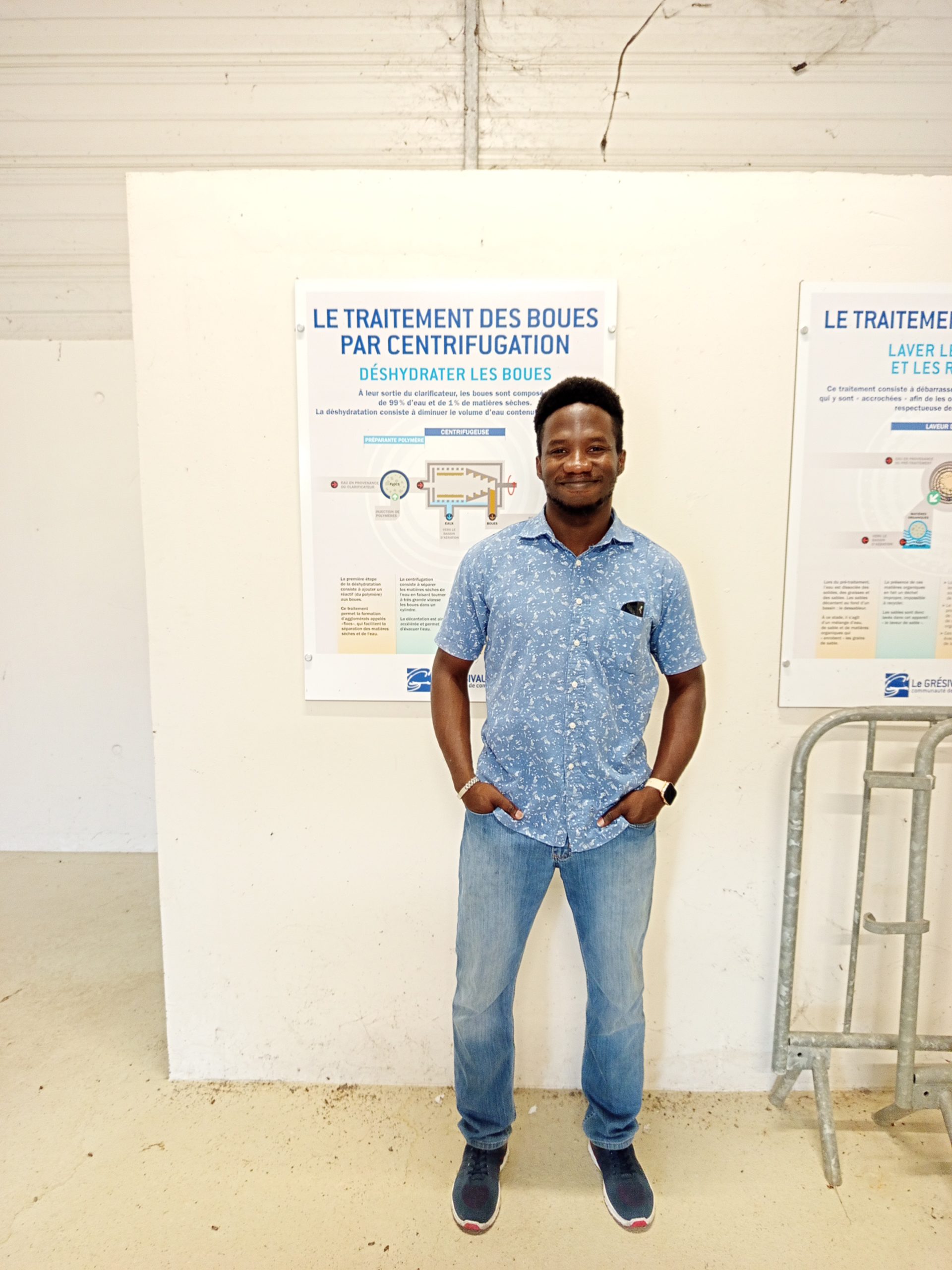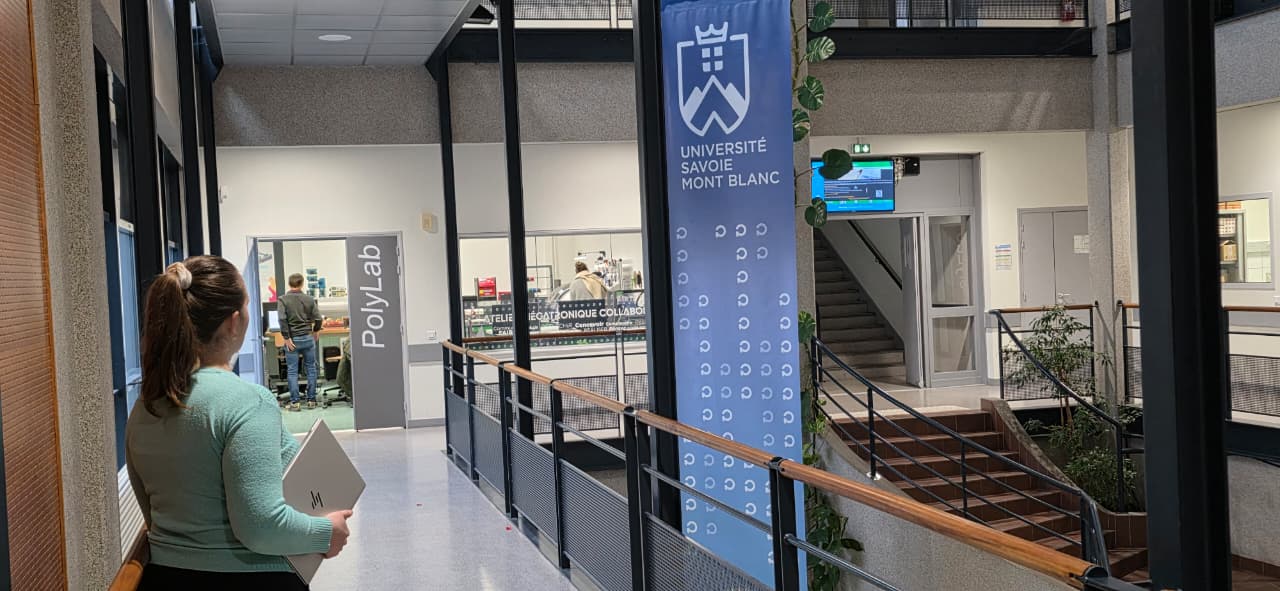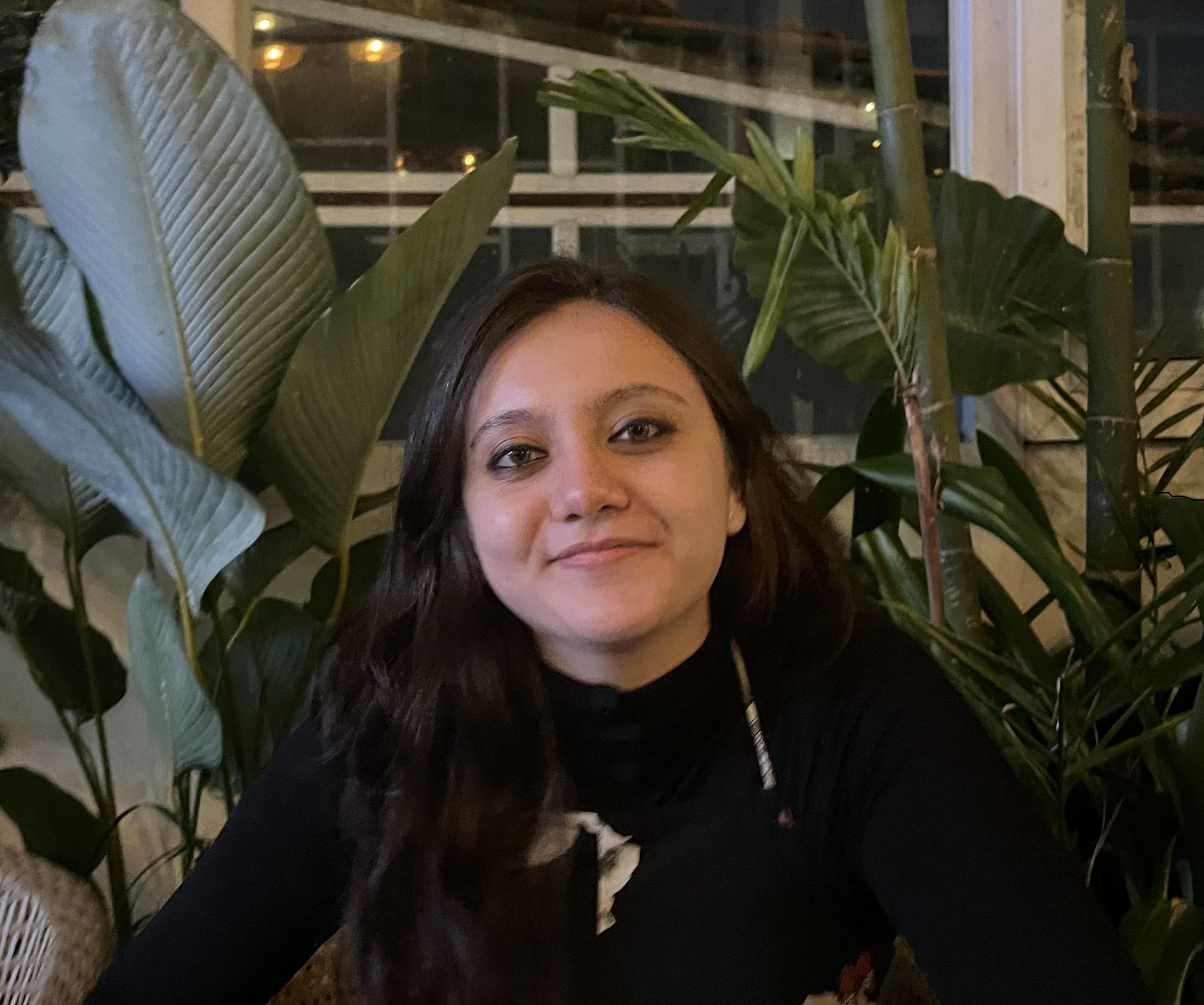The Power of Learning through Shared Ideas
“If you have an apple and I have an apple and we exchange these apples then you and I will still each have one apple. But if you have an idea and I have an idea and we exchange these ideas, then each of us will have two ideas.”
― George Bernard Shaw
During my first year of the PhD, I got the opportunity to plan and organise a scientific game for doctoral and post-doctoral students as well as present a poster with my colleagues on our respective PhD topics. Both of these occasions taught me the scope and window of possibilities that opened up through shared learning.
Organising a Scientific Game
On 26 March, under the guidance of Professor Francoise Sailhan, I organised a scientific game for students in MATH & NET and IRIS. The game was called SWAP & WRAP where the participants must learn about a project outside their area of work. This event was conducted in the IMT Atlantique Brest campus in hybrid mode from 2:00 p.m. to 4:00 p.m.
In short, the participants should find someone whose project they know very little about or someone whose area makes them go ‘wait, what?’, then SWAP ideas, or even better, “borrow” their genius (with permission, of course) and WRAP themselves into this whole new project! The game is all about unlearning, learning and relearning. Like all the great games, this too was about who remembers the rules best.

The game was regulated based on the following rules:
- If the participant is planning to take a topic of someone who has recently started their PhD, they must propose an approach along with explaining their topic idea. On the other hand, if the participant plans to take a topic of someone who is well into their PhD, they must explain the real-life applications of the project along with explaining the topic idea.
- The participant must explain the project using creative presentations/slideshows.
- All the participants will get a maximum of 10 minutes to present. (Well, brevity is the soul of wit!)
To make the game more engaging, evaluations of the participants were done by their fellow participants, which was only revealed right before the start of the game. The marking schemes were based on creativity, clarity and quality of the ideas and presentation of the same. The results of the game were announced on 28 March.
When I was first approached to organise the game, I remember feeling unsure as I was only two months into my PhD. But I told myself that when opportunities knock, you open the door to them. Moderating the game was an insightful and fun experience. Along the way, I learnt about coordinating participant availabilities and managing a hybrid-mode game, without losing out on the suspense of it.
Poster Presentation: A Unified Perspective
On 17 June, as part of the IMT Atlantique Research Seminar, my colleagues and I presented a poster on “Improving the Cyber-Resilience and the Trust of Distributed Infrastructures”. The poster presentation session was held in the IMT Atlantique Brest campus from 6:00 p.m. to 7:30 p.m.
Initially, when it was decided that I would be presenting a poster on the designated topic along with my colleagues Alexandre Azor and Vishal Halder, I was excited as well as nervous. The first task was to integrate the approaches and ideas in our respective PhDs to form a single solution to improve the performance and trust of distributed systems. We had multiple rounds of discussions with our professors and one another to finalise on how to achieve the same. On the same note, we also had to decide on how to tailor our respective ideas to fit the topic of our poster while maintaining the shared link of our PhDs.
The session was engaging as there were delegates from different fields to whom we presented the poster. Many attendees asked questions about the ideas presented in the poster. Their questions reflected genuine interest and curiosity to know how these approaches played out in a real-world setting. The poster presentation felt rewarding for all the work we put in as a team.

Key Takeaway
The key takeaway from all this is how shared learning helps to transform ideas. While moderating the game, it was interesting to see how participants devised diverse applications for a single idea and how a concept rooted in one domain could take shape in another. While preparing the posters with my two colleagues, we had the herculean task of finding a mutual connection between our different topics, while at the same time keeping everything under the umbrella of the broader topic of our poster. We were able to achieve our goal through the process of shared learning, carried out through various rounds of discussion and the exchange of ideas.
Categories
Latest posts

My first year of the PhD as an AI-assisted condition monitoring researcher

Beyond the Science: What I Learned About Research Emissions at the CBH Summer School

From curiosity to research: My path into AI-enhanced cybersecurity
